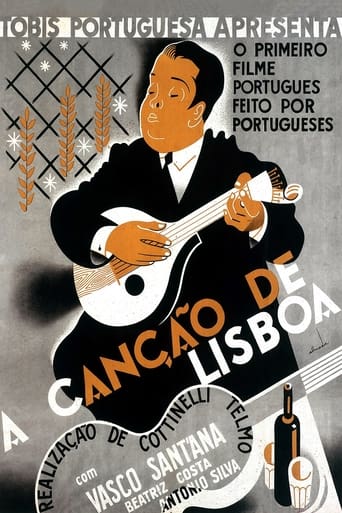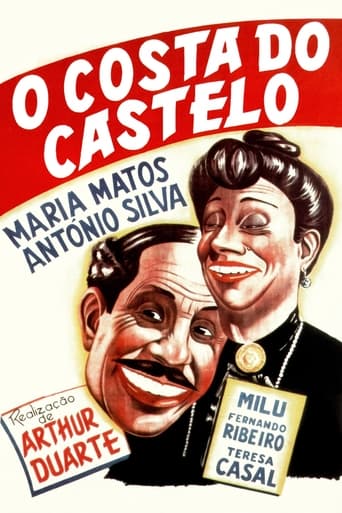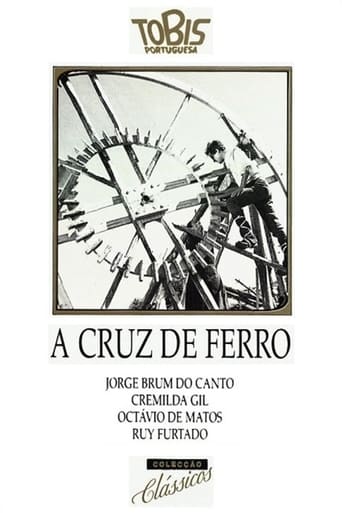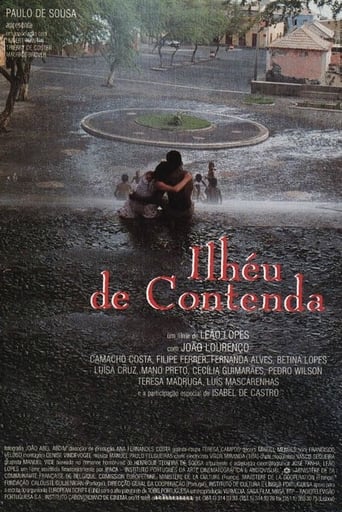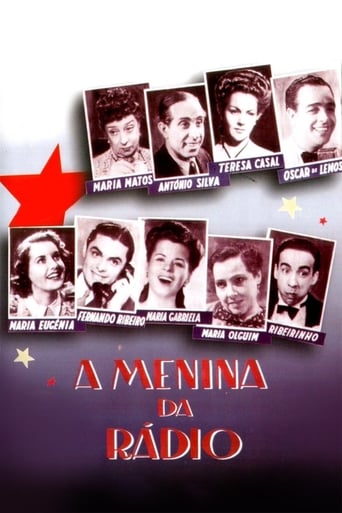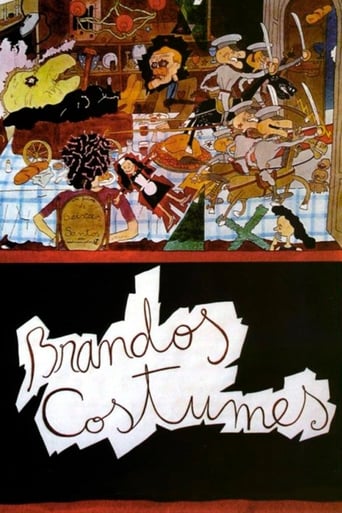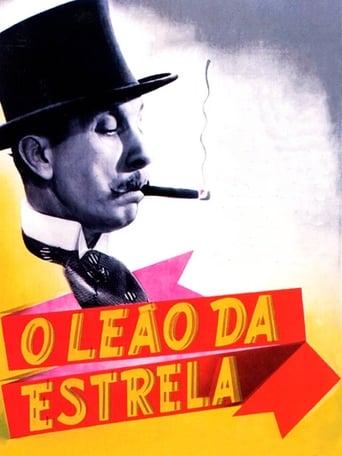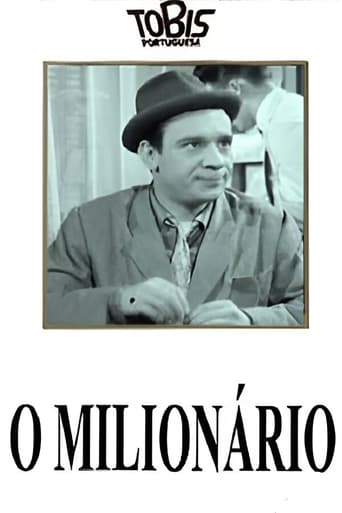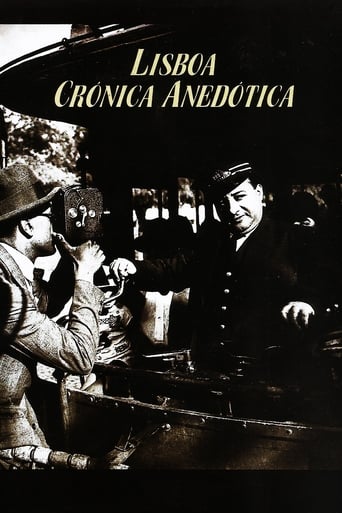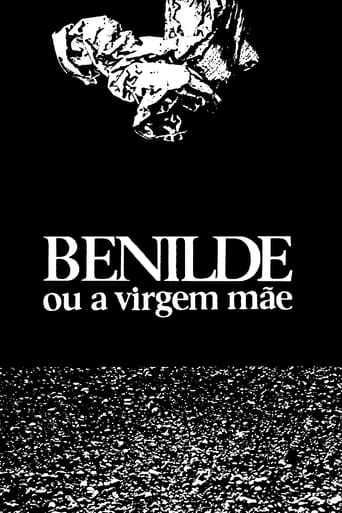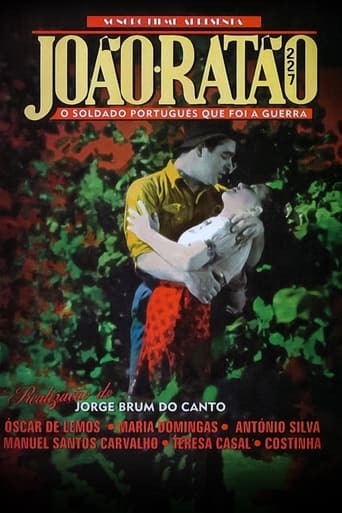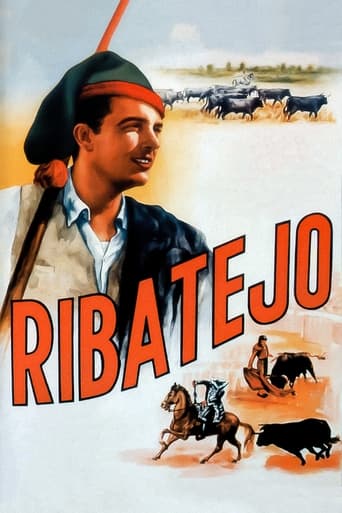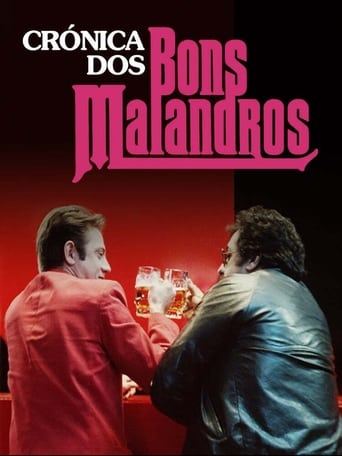A Song of Lisbon 1933
Vasco is a medical student in Lisbon, supported by his rich aunts, whom he had falsely told he had already graduated. In fact, he devotes himself to a bohemian life, preferring the popular fairs and pretty women, especially Alice, a seamstress from the Castelinhos quarter, which rather upsets her ambitious father, tailor Caetano, who is familiar with Vasco's debts. After failing yet another final exam, he is surprised by his aunts' announcement that they will visit him in Lisbon to see his practice.
